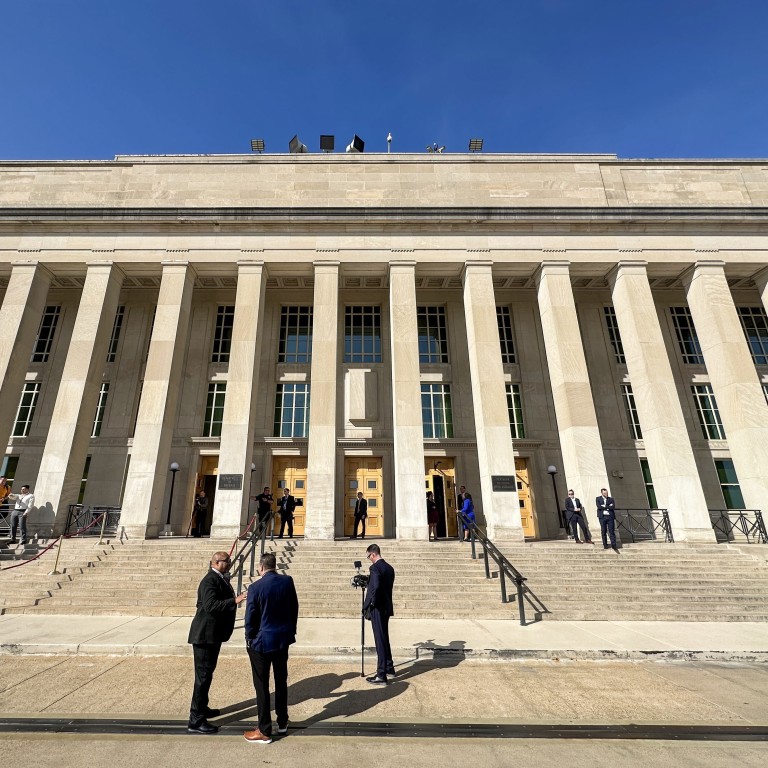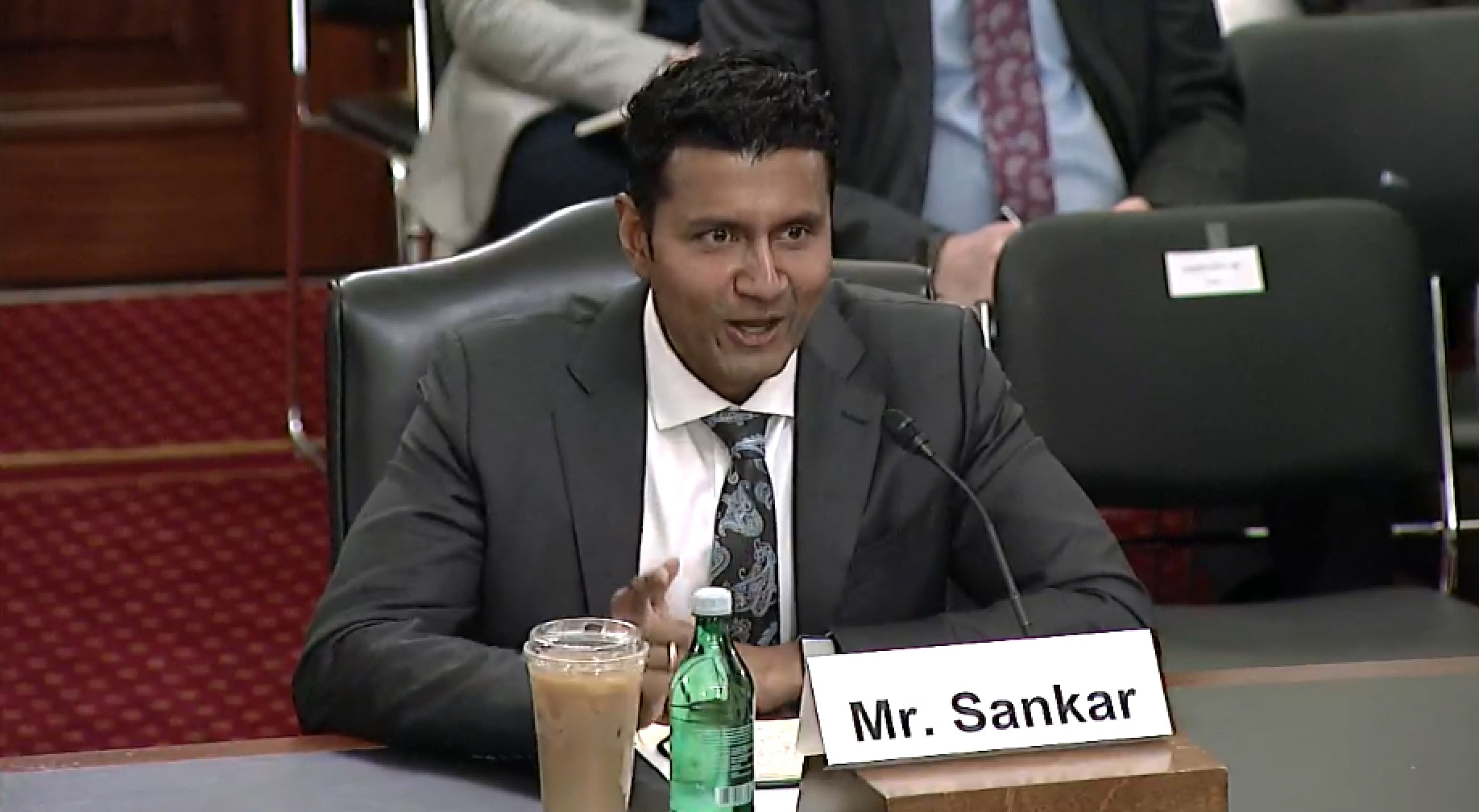
For US to keep military edge over China and Russia, data reforms are needed, Senate hears
- Cybersecurity hearing elicits suggestion of allowing Pentagon to analyse data collected by hardware produced by its contractors
- US also urged to allow foreign STEM students and researchers to stay in country given newly developed and mature weapons systems
“We are facing a moment in which existing road maps and systems are insufficient,” Sankar said. “We must completely rethink what we are building and how we are building it.”
“To succeed, we need to cut through the existing ways we organise and procure weapons systems and begin with software and AI first. This will be disruptive and emotional.”

Another necessary reform put forward on Wednesday by Rand Corporation president Jason Matheny, another witness, would be to allow the Pentagon to analyse data collected by hardware produced by its contractors.
“Data can be a place where the United States has an asymmetric advantage because of the amount of data that we collect from systems that have operated globally, in a way that China’s systems or Russia’s systems haven’t,” Matheny said.
“We simply collect more data from more platforms … relevant to military operations than any other country.”
“But we’re not fully leveraging that and we need to ensure … that we appropriately collect, store, align the data and place it in databases that can actually be leveraged,” he added.
Josh Lospinoso, CEO of defence cybersecurity firm Shift5, agreed, saying the Pentagon’s need to build strong artificial intelligence capabilities into its hardware outweighed contractors’ wish to keep data from these systems for their own purposes.
“We struggle mightily with extracting even the simplest data streams off of the vast majority of our major weapons systems,” Lospinoso said.
“In some cases, that’s just because we haven’t made the investment. In other cases, it’s because the defence [contractors], frankly, lock that data up.”
“They don’t want the government to have access to it because they want to use that as an opportunity to build additional products or services on top of that platform,” he added.
“I think that if we’re going to win in a near-peer conflict, the DoD needs to own the data that its weapon systems are generating in a combat environment.”
Shifting to another aspect of the race to leverage AI to counter China militarily, Sankar said the US must allow foreign students and researchers with skills in the field to remain in the country.
All three witnesses stressed that vast resources were needed to build AI models and training platforms for newly developed and mature weapons systems. Demand for these STEM specialists, they said, outstripped supply.
“The United States has an amazing asymmetric ability to attract scientists and engineers from around the world, but we often don’t let them stay,” Matheny said. “We are punishing ourselves by not taking advantage of this asymmetric capability.”
“If we want to win a competition against a country that is 4½ times our size, is producing more PhDs than we are – twice as many master’s students in STEM fields – we have to attract the global team to join ours.”

